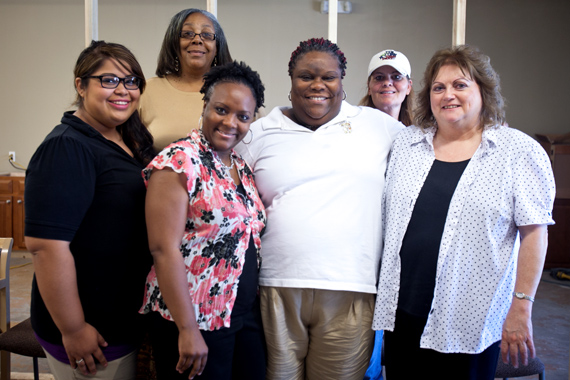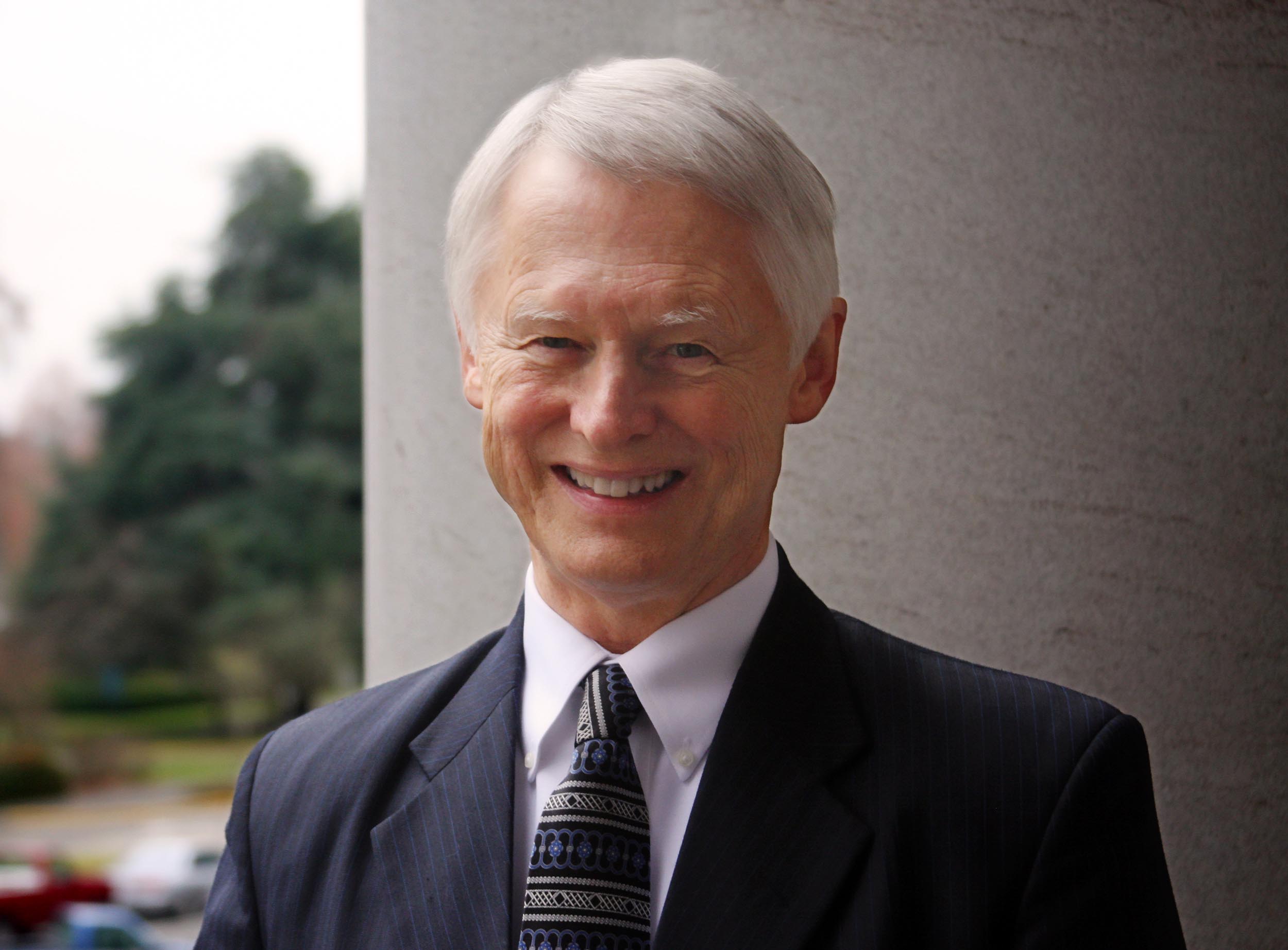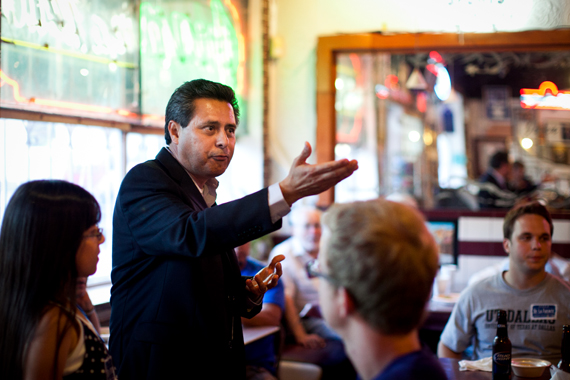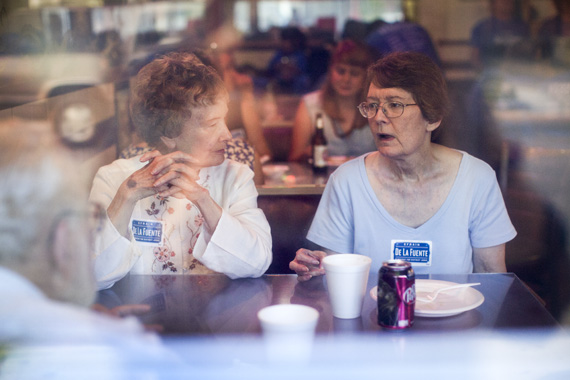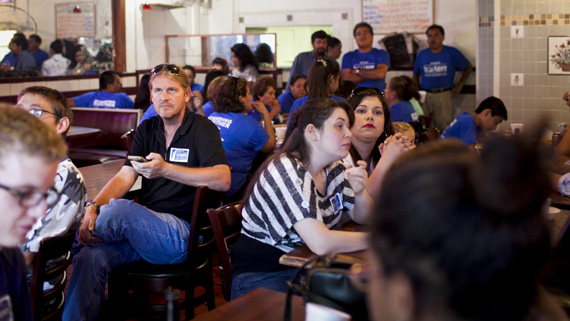Amid elections and voter ID legislation in states such as Texas and Arizona, “the Latino vote” has become a hot topic — and for good reason.
About 50,000 Latinos reach voting age every month,
according to a
study by the Pew Research Center. That’s 600,000
voting eligible Latinos a year — a trend that
is expected to continue for the next two
decades.
By July 2050, the Hispanic population will represent 30 percent of the nation’s population, according to Census projections.
Texas has the second highest Latino population in
the nation after California,
according to Census data. The Lone Stare State also
is preparing to defend its voter ID in federal court
next week against opponents who argue the law
disproportionately affects Hispanic voters.
In Texas, the number of unregistered
Latinos — 2,154,600 — exceeds the margin that
John McCain had over Barack Obama in the state —
950,695,
according to the Center for American Progress, a
progressive think tank.
And this base of untapped voters would largely vote Democratic.
A study by the conservative public opinion group Resurgent Republic, indicates that 51 percent of Latinos are registered Democrats, 31 percent are registered Independents and 18 percent are Republican.
By Lindsey Ruta, News21

